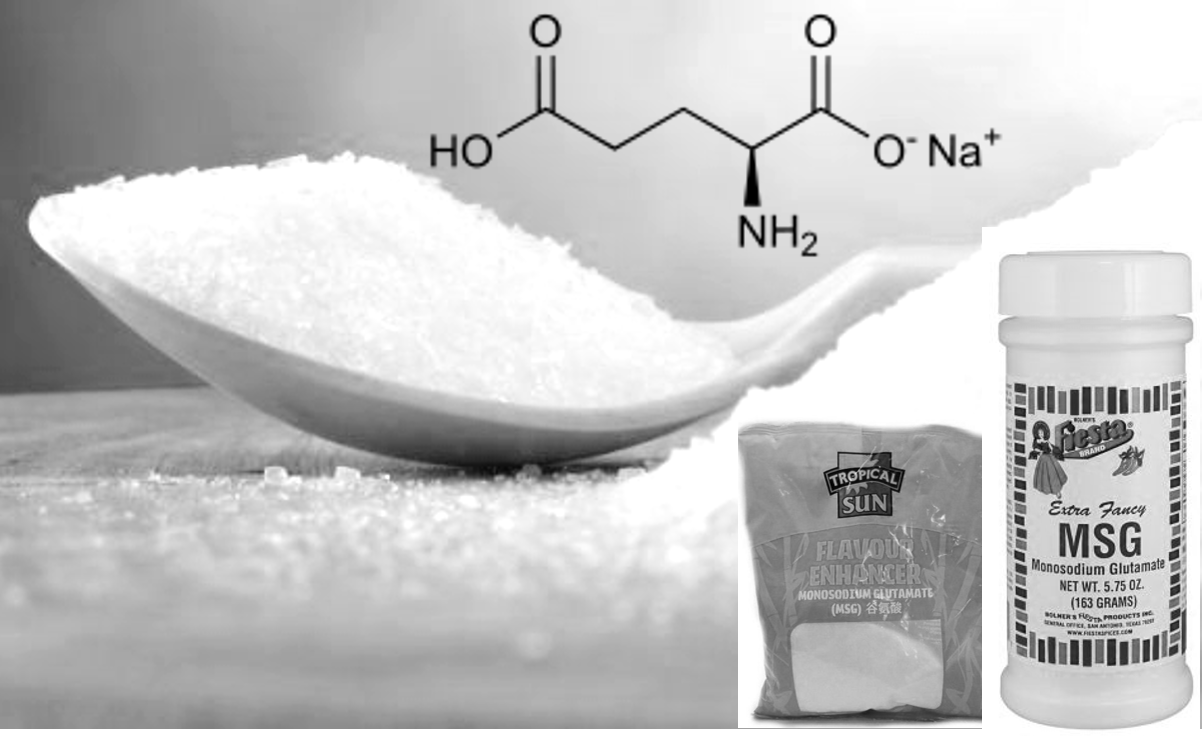
We already eat bugs
In fact, over 2 billion people eat bugs on purpose, though not typically in western culture. There are even cookbooks dedicated to gourmet insect cooking (here is one, if you are curious). But, most folks in the US eat bugs in our “normal” food unwittingly. Cochineal bugs, a kind of insect related to cicadas and aphids, are commonly used to make a red food dye called “carnelian.” If you have a strong stomach, take a look at the United States Food and Drug Administration’s The Food Defect Levels Handbook and you can see just how many bug bits are allowed in foods commonly produced and consumed in the United States.Continue reading…
 The Poisoner’s Handbook: Murder and the Birth of Forensic Medicine in Jazz Age New York – Deborah Blum. A fascinating history of thescience of forensic toxicology in the United States, this book is equal parts crime drama and history of science. Ever wonder about what makes “denatured” alcohol? Would you have guessed it has to do with Prohibition? How did we figure out all that CSI stuff that modern forensic scientists use to determine how someone died? It’s all in here, and it’s super cool.Continue reading…
The Poisoner’s Handbook: Murder and the Birth of Forensic Medicine in Jazz Age New York – Deborah Blum. A fascinating history of thescience of forensic toxicology in the United States, this book is equal parts crime drama and history of science. Ever wonder about what makes “denatured” alcohol? Would you have guessed it has to do with Prohibition? How did we figure out all that CSI stuff that modern forensic scientists use to determine how someone died? It’s all in here, and it’s super cool.Continue reading…
Welcome to “chemicals and society”, where we highlight the current understanding of the biological effects and safety of some of the most common chemicals in today’s society.
Today’s Chemical: Monosodium Glutamate (MSG)
What is MSG?
MSG is monosodium glutamate. “Glutamate”is the salt of glutamic acid, which you may remember from biology class as one of the 20 amino acids that make up the proteins in our body. “Monosodium” means there is a single sodium ion associated with each molecule of glutamic acid. Glutamic acid is the 6th most common amino acid in vertebrates – it makes up about 5.8% of the proteins in your body and the meat that you eat. Sodium is also very common in the diet and inside your body. Another sodium salt, Sodium chloride (table salt) is used in cooking throughout the world.
What is MSG used for?
MSG is used as a flavor enhancer, which means that while it doesn’t have a particularly strong taste on it’s own, it brings out the flavors of other foods – particularly meats and savory foods. It is most commonly used in flavor-enhancing meat tenderizers and Chinese cooking, though you’ll find it in many, many prepared foods like chips, snacks, and soups. It’s in Doritos, Kentucky Fried Chicken, most canned soups, processed meats, Chick-Fil-A sandwhiches, Cheetos, Pringles, and ramen noodles. You get the point.
Read Dr. Hawking’s paper here.






